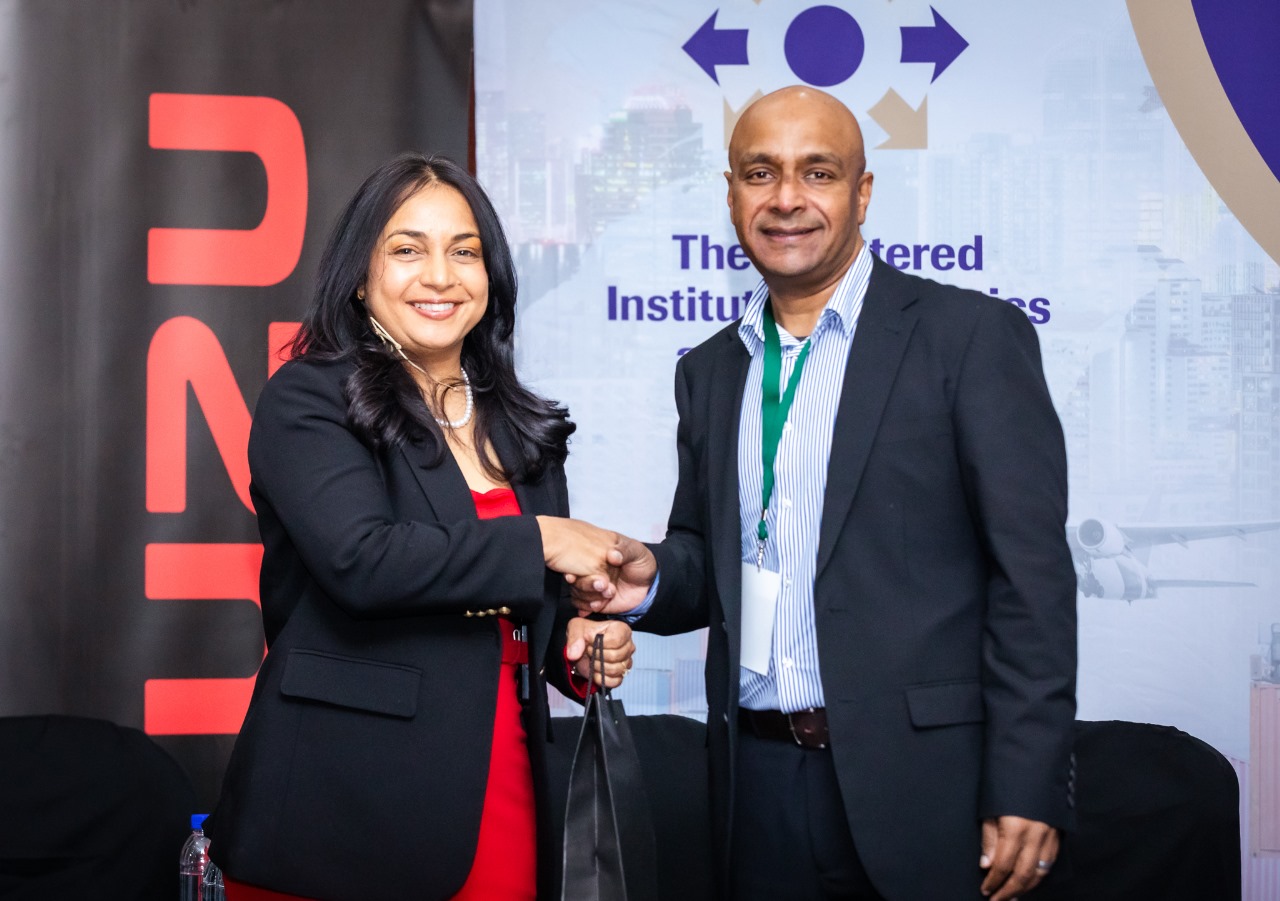Malawi’s Honorary Consul to Israel, Nir Gess, has once again made headlines—this time as a nominee for the Honorary Consul of the Year 2025 in Israel Award, bestowed by the Ambassadors’ Club of Israel. The recognition, while prestigious, has also revived questions about who Nir Gess really is, what influence he wields in both Israel and Malawi, and the controversies that have followed him for decades.
A Man Between Two Worlds
Born in Israel but rooted in Malawi through decades of business ventures, Gess has long been one of the most influential figures linking the two countries. His family has operated large-scale tobacco estates in Malawi, a business that has often been accused of exploiting labor while shaping the rural economy in significant ways. Supporters call him a “bridge-builder” between Africa and Israel, while critics see him as a powerful businessman who masks profit motives under the veil of diplomacy.
The Tobacco Legacy and Allegations of Exploitation
Investigations by human rights organizations over the years have highlighted problems in Malawi’s tobacco sector, including child labor, poor wages, and unsafe working conditions. Gess’s family estates have not been spared from scrutiny. Former workers and labor rights advocates have repeatedly accused the estates of maintaining exploitative practices.
While Gess has denied such allegations, the issue raises broader questions:
Has Malawi’s government looked the other way because of his diplomatic connections?
Do international accolades sanitize reputations instead of holding powerful figures accountable?
Diplomatic Power, Business Interests
As Honorary Consul, Gess represents Malawi’s interests in Israel—but observers point out that he also represents his own business empire. Investigative reporters in Malawi have documented his role in promoting bilateral ties that, while beneficial to Malawi on paper, often circle back to projects tied to Israeli businesses and private deals.
Critics argue that his diplomatic position provides a shield of legitimacy, insulating him from closer scrutiny both at home and abroad. It is an open secret that honorary consulships, unlike formal ambassadorships, are often given to influential individuals with strong business or political ties rather than to career diplomats.
The Award and the Questions It Raises
The Ambassadors’ Club of Israel’s decision to nominate him for its highest honor has been praised by Malawi’s foreign ministry, which sees it as a win for Malawi’s diplomatic visibility. But civil society voices remain skeptical:
Does such recognition ignore the controversial history of labor disputes linked to his estates?
Are the interests of ordinary Malawians truly represented in his diplomatic role, or is the position reinforcing private wealth?
And most importantly, what does Malawi gain beyond symbolic prestige from his presence in Israel?
Conclusion
Nir Gess is not just a name in Malawian-Israeli diplomacy; he is a symbol of the intersection between power, business, and diplomacy. His nomination for Honorary Consul of the Year adds another layer to a career already mired in both influence and controversy. For some, he is a visionary connector between two nations; for others, he embodies the uncomfortable marriage between profit and diplomacy.
As Malawi celebrates his recognition, the question remains: is Malawi honoring a true statesman, or simply elevating a businessman who has mastered the art of diplomacy for private gain?




